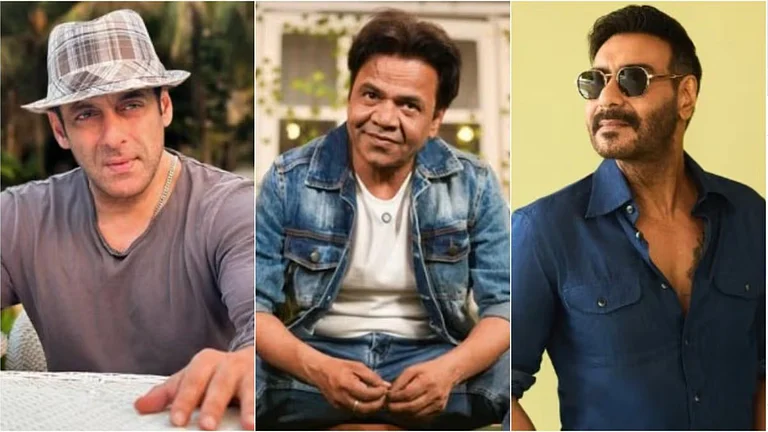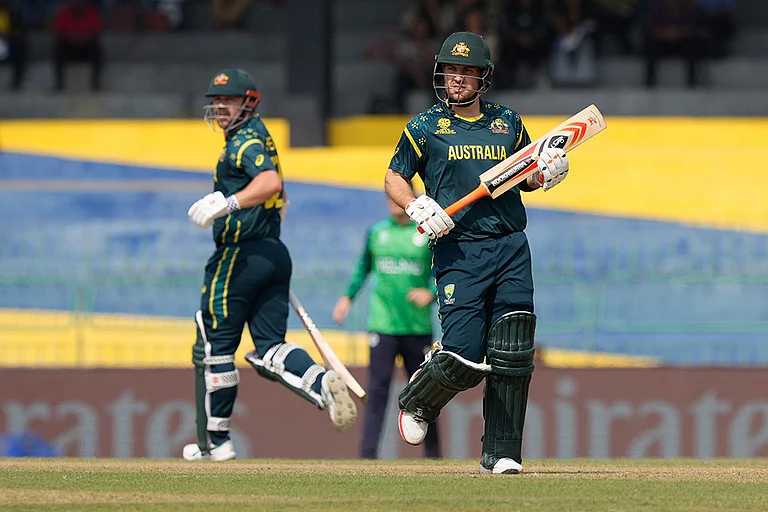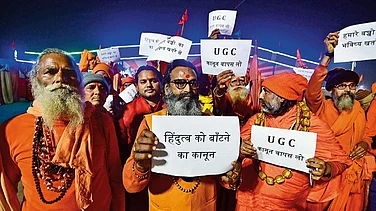The Gujarat High Court on Friday quashed a 2016 order of the Central Information Commission (CIC) that asked the Gujarat University to “search for information” regarding Prime Minister Narendra Modi’s educational degrees.
The singe-judge bench of Justice Biren Vaishnav ruled against the PMO’s requirement to furnish PM Modi’s degrees and imposed a cost of Rs 25,000 on Delhi chief minister Arvind Kejriwal for filing an application under the Right To Information (RTI) Act on the same.
In April 2016, the then CIC M Sridhar Acharyulu had directed the Delhi University and the Gujarat University to provide information to Kejriwal on the educational certificates of the prime minister.
According to a Live Law report, Kejriwal had “in his capacity as a citizen” requested information on the prime minister’s degrees. Kejriwal wrote to Acharyulu that he has no objection to government records about him being made public and wondered why the commission wanted to "hide" information on Modi's educational qualifications, PTI reported.
Subsequently, the Information Commissioner sought details from the Prime Minister’s Office, asking for a “specific number and year” of Modi’s BA degree and MA degree from the respective varsities.
When Gujarat University was further asked to provide the degree to Kejriwal, it moved the high court, the report said.
During the past hearings, the Gujarat University vehemently objected to the CIC's order saying "irresponsible childish curiosity" of someone cannot become public interest under the Right to Information (RTI) Act.
During the last hearing held in February, Solicitor General Tushar Mehta, appearing for the university, claimed that there was nothing to hide in the first place because information about PM's degrees is "already in public domain" and the university had also placed the information on its website on a particular date in the past.
Citing exceptions granted under the RTI Act for not complying with the order of the CIC, Mehta had also argued that the RTI Act is being used for settling scores and to make "childish jabs" against opponents.
Citing some past judgements of the Supreme Court and other high courts about the exemptions granted under Section 8 of the RTI Act, Mehta also said that one cannot seek someone's personal information just because one is curious about it.
(With PTI inputs)


























